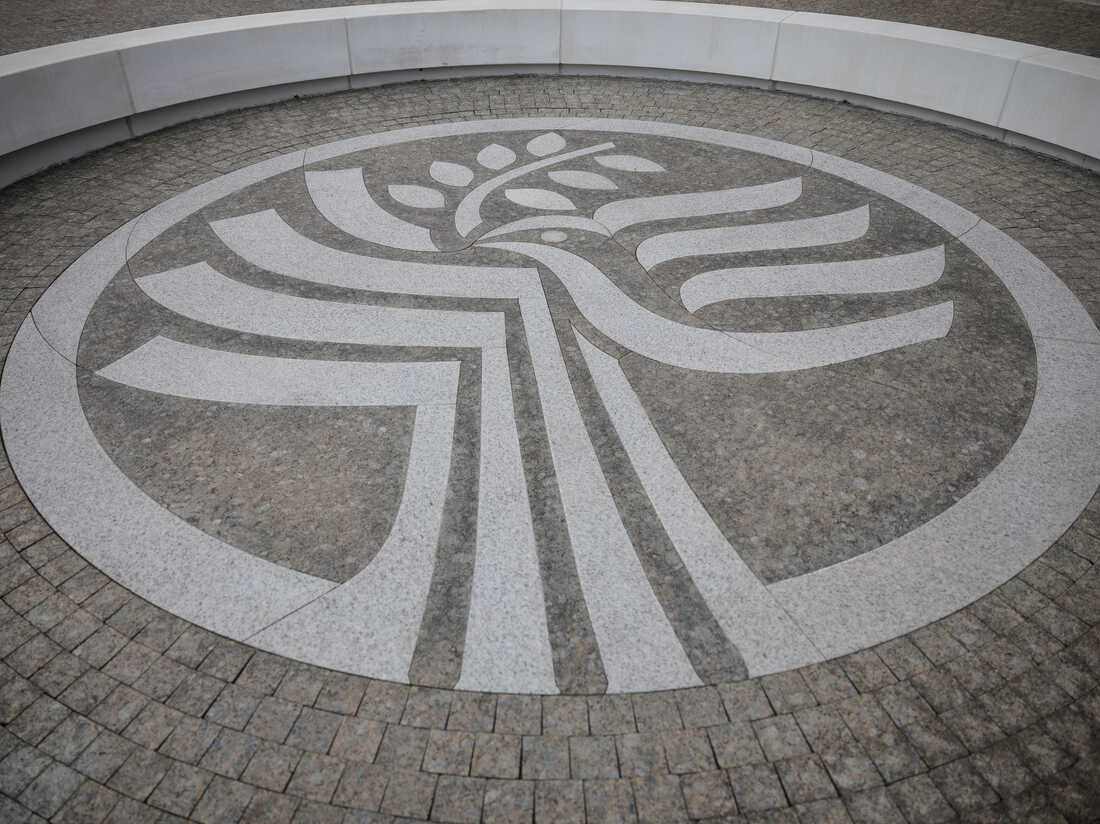
An indication for the USA Institute of Peace at its headquarters in Washington. President Donald Trump signed an govt order to disband a number of federal advisory committees together with the Institute of Peace.
Kayla Bartkowski/Getty Pictures
conceal caption
toggle caption
Kayla Bartkowski/Getty Pictures

An indication for the USA Institute of Peace at its headquarters in Washington. President Donald Trump signed an govt order to disband a number of federal advisory committees together with the Institute of Peace.
Kayla Bartkowski/Getty Pictures
The argument for worldwide assist is partly an ethical one, however it’s additionally been about U.S. pursuits. As then-senator Marco Rubio put it in 2017: “I promise you it’s going to be a lot harder to recruit someone to anti-Americanism, anti-American terrorism if the United States of America was the reason why they’re even alive today.”
Now, as secretary of state, Rubio serves below a president who’s deeply skeptical of the thought of worldwide assist. “We’re giving billions and billions of dollars to countries that hate us,” President Trump stated in a speech final month. His administration shuttered the U.S. Company for Worldwide Improvement. A federal decide stated this week that transfer violated the structure. What’s left of the company has been folded into the State Division.
Trump has additionally moved to intestine government-funded, editorially impartial broadcasters like Voice of America, and tried to successfully eradicate the congressionally-funded assume tank the U.S. Institute of Peace.
This kind of delicate energy has been a pillar of American international coverage. Is the Trump administration strolling away from it?
We discuss to former Democratic congressman and former secretary of agriculture, Dan Glickman, who sponsored the laws that created the USIP.
And NPR’s Emily Feng experiences on the legacy of Voice of America in China.
For sponsor-free episodes of Think about This, join Consider This+ by way of Apple Podcasts or at plus.npr.org.
Electronic mail us at [email protected].
This episode was produced by Erika Ryan, Gurjit Kaur and Connor Donevan. It was edited by Christopher Intagliata, Padmananda Rama and Gerry Holmes. Our govt producer is Sami Yenigun.




